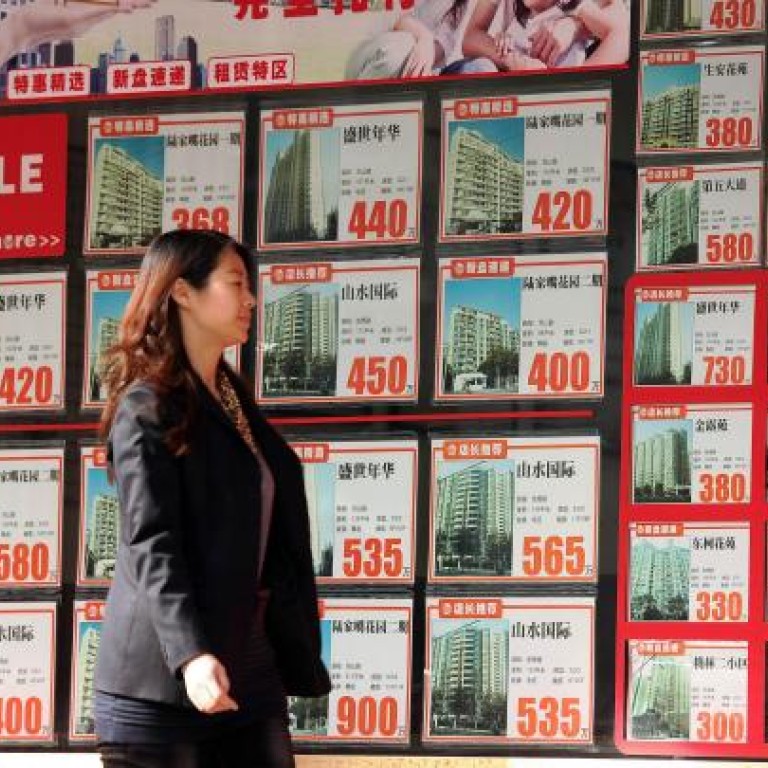
Property buying hoops in China
We read about property prices in China as an everyday transaction and I imagine most people think buying in the mainland is now a simple matter of putting down the money, much as it is here. So it’s interesting to discover from Christopher Dillon’s new book on the subject, Landed China, that it’s not completely straightforward.
First of all, there’s a three to five per cent deed tax, depending on the location and the agents’ commission of one to three per cent. That said, there is no commission payable for new property bought from the developer. Vendors also pay a one to three per cent agent fee and five per cent capital gains tax, if the property is sold within five years of purchase. You can see where CY Leung got the idea for Hong Kong’s recently imposed 15 per cent stamp duty for foreign property investors. Only Shanghai and Chongqing charge a property tax at the moment, though this is widely expected to change soon. When it comes to the numbers of foreigners owning property and living in China, the proportion is tiny, just one per cent of the population of Beijing, for example. People from Hong Kong, Macau and Taiwan as well those as further afield are classified foreigners. . That’s against 34 per cent in London and 36 per cent in New York, according the FT.
More Mainland Band for your Buck
What you get for your buck may come as s pleasant surprise to anyone used to Hong Kong prices. RMB 63 million will get you a new 448-square-metre apartment in Shanghai’s buzzing Xintiandi. For a modest RMB 3million, you can buy a second-hand 90sq m flat in slightly out of town area of Beijing or Shenzhen. But since 2006, foreigners can’t just walk in and buy; they must have been resident in China for a year under the Circular 171 rule. Foreign buyers are restricted to one home, for their own use only, with additional property buying hurdles in Beijing and Shanghai.
Freehold titles don’t exist in the mainland, all property is bought under a 70 year lease arrangement, which is timed from the building date, so new builds are much more appealing than older property with a shorter lease. In China, urban land is owned by the state, while collectives control rural land. Private ownership of land is forbidden, buying property in China means buying the structure and remainder of the land lease only. Due to shonky building practices which have improved dramatically in the last 15 years, banks are loath to lend on older properties. No change there, it’s the same story in Hong Kong. Local Chinese buyers prefer new property because they get bathrooms and kitchens and quality fittings, when many mainland homes still lack a proper kitchen.
Getting finance isn’t as hard as you might imagine. Bank of China and Industrial and Commercial Bank of China offer renminbi-denominated mortgages, However HSBC, Standard Chartered, and regional banks such as Bank of East Asia and DBS will do mortgages in Hong Kong and Singapore dollars. There are 60,000 local bank branches in China, compared to 400 foreign branches. But they do at least offer service in English. To get a mortgage, you must have lived in China for at least a year and have 30 per cent of the total cost for the down payment. Getting the down payment together can be a headache, because foreigners can only covet US50, 000 into renminbi each year. The State Administration of Foreign Exchange must approve amounts of more than this.

